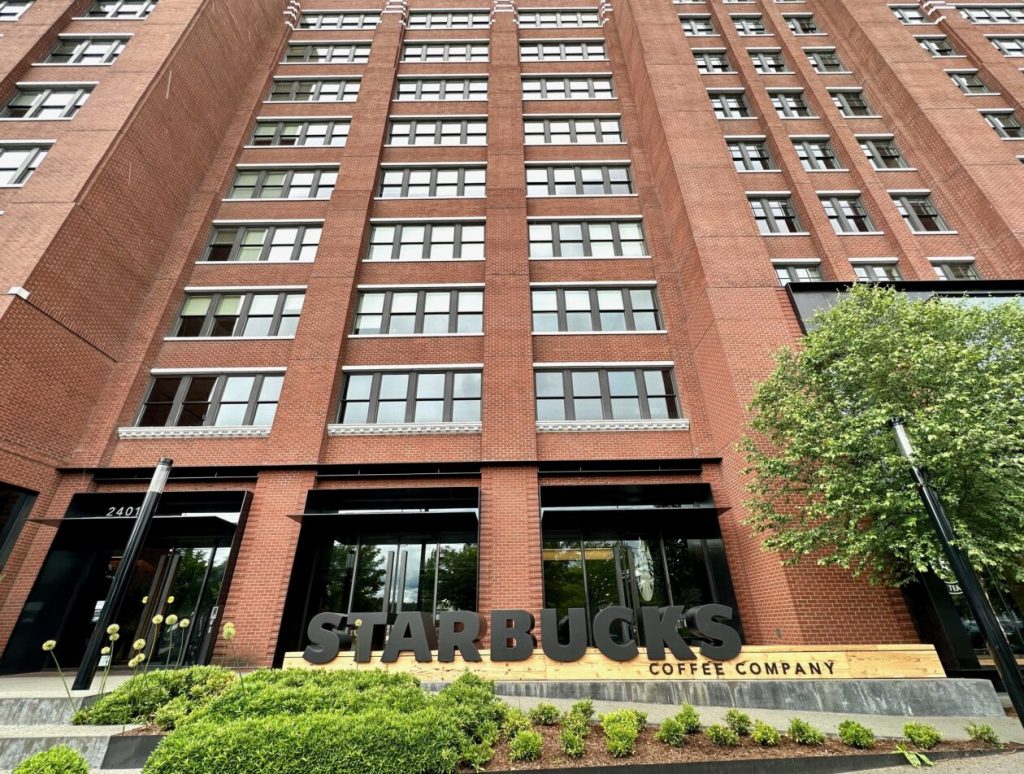Starbucks recently faced criticism for setting up a remote office for its new CEO, Brian Niccol. Niccol, who previously led Chipotle, will not be required to be based at the company’s Seattle headquarters and will instead work primarily from a new remote office in Newport Beach, Calif. Despite Starbucks’ requirement for corporate employees to be in the office three days per week, Niccol’s arrangement has sparked concerns about the environmental impact of his regular commute from Southern California to Seattle on a corporate jet.
The criticism of Niccol’s remote work arrangement is centered around the environmental implications of his frequent flights between California and Seattle. Starbucks has set a goal to cut its greenhouse gas emissions by 50% within a decade, making Niccol’s private jet commute a point of contention. Critics have called into question Niccol’s ability to lead by example and empower corporate employees while working remotely from the beach, rather than being physically present at the Seattle headquarters.
While it is not uncommon for CEOs to work remotely, Niccol’s arrangement at Starbucks has drawn particular attention due to the company’s emphasis on sustainability goals. Other companies, such as Victoria’s Secret and Bumble, have remote CEOs as well. Niccol’s decision to join Starbucks may have been influenced by the opportunity to continue spending time in California, as well as the attractive pay package offered by the company, including a significant increase in salary, sign-on bonus, and equity awards.
Niccol is the fourth CEO at Starbucks in the past two years, replacing Laxman Narasimhan amidst declining sales and investor campaigns. Despite the leadership changes, Starbucks’ stock saw an increase of more than 20% following the announcement of Niccol’s appointment. Starbucks stated that Niccol’s track record demonstrates his ability to foster connections, drive a strong culture, and deliver results, indicating confidence in his ability to lead the company to long-term success.
Overall, Starbucks’ decision to set up a remote office for new CEO Brian Niccol has sparked controversy and raised concerns about the company’s sustainability goals. While some critics question Niccol’s ability to lead effectively from a remote location, others point out that remote work arrangements are not uncommon for CEOs. Niccol’s appointment comes at a time of transition for Starbucks, with hopes that his leadership will drive positive results for the company amidst challenging market conditions.












